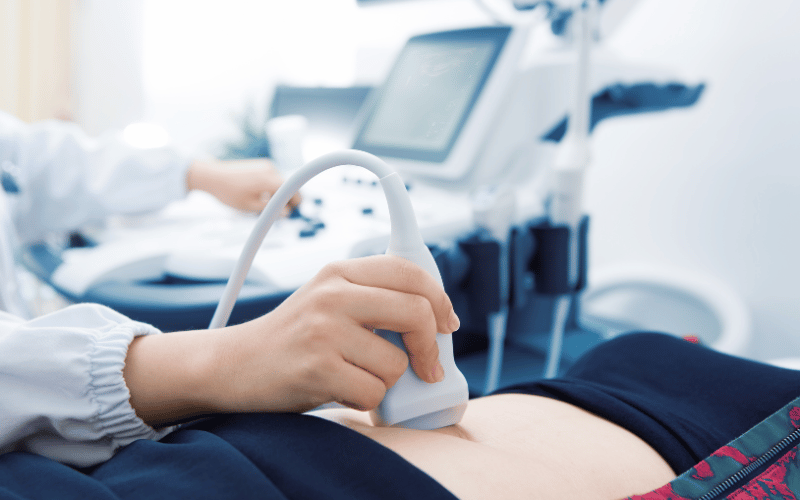Fact 9: The Imperative of Regular Monitoring

Gastritis, like many other conditions, isn’t static. Its severity, symptoms, and even the underlying causes can evolve over time. Recognizing these shifts early can drastically alter the prognosis, making regular monitoring not just recommended but imperative.
Certain blood tests can offer insights into gastritis. For instance, an elevated white blood cell count might hint at an infection, possibly due to H. pylori. Similarly, low levels of certain vitamins or iron might be indicative of malabsorption resulting from gastritis.
Endoscopy remains a gold standard for assessing the stomach lining’s health. This procedure can detect inflammation, erosions, or even early signs of malignancy. Regular endoscopic evaluations, especially for chronic gastritis sufferers, can ensure early detection and intervention.
While not the first line of investigation, imaging modalities like ultrasound or CT scans can provide valuable insights in complex gastritis cases, helping visualize the stomach and surrounding structures.
With gastritis, forewarned is forearmed. By keeping a close watch through regular monitoring, one can stay ahead of the disease, enabling timely interventions and improved outcomes. (9)